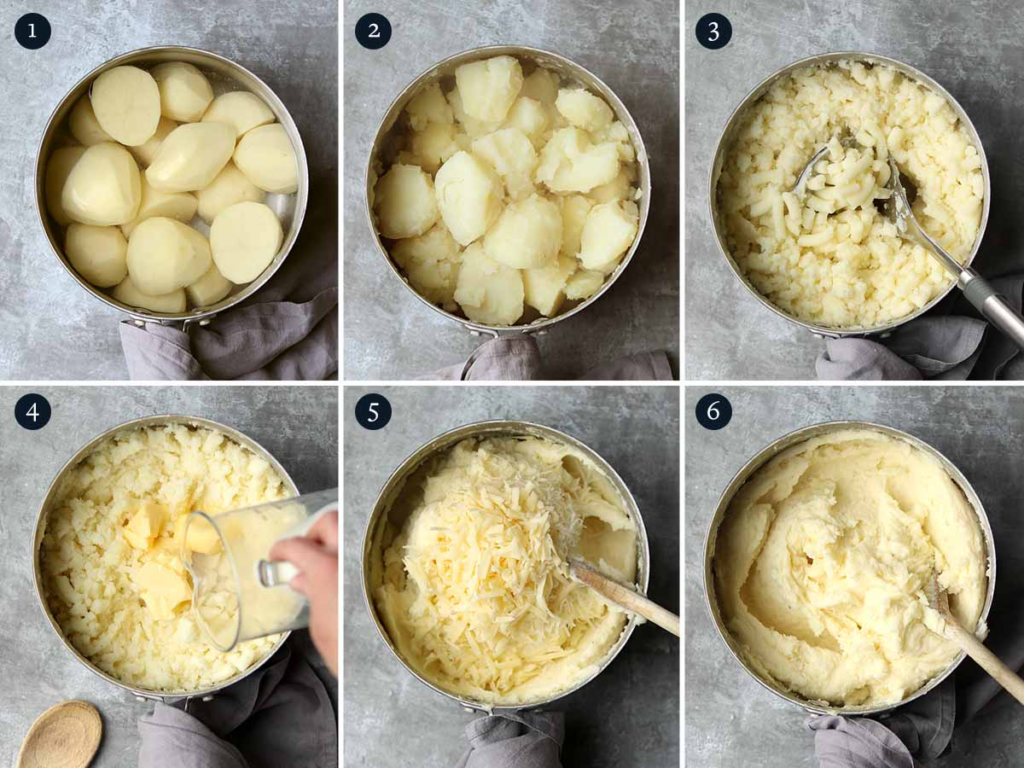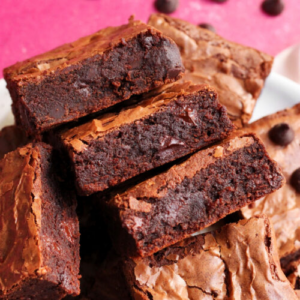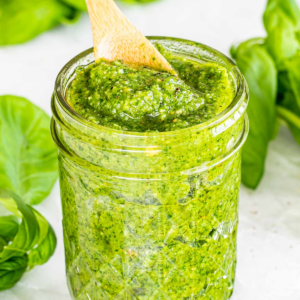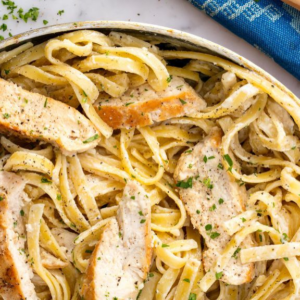Table of Contents
Mashed potatoes recipe, a dish cherished across cultures and cuisines, embody the essence of comfort food. From its humble origins to its present-day gourmet status, this creamy side dish has captured the hearts of food lovers worldwide. Whether you’re seeking the nostalgia of home-cooked meals or the elegance of fine dining, our mashed potatoes recipe is tailored to suit every palate. Let’s embark on a culinary journey to create the most delectable and fluffy mashed potatoes, a staple that promises to elevate your dining experience.
The History and Cultural Significance of Mashed Potatoes
Mashed potatoes have a storied history, tracing back to indigenous South American cultures where potatoes originated. This versatile root vegetable crossed oceans and was embraced by diverse cultures, each adding a unique twist to the classic recipe. In many countries, mashed potatoes are synonymous with home, warmth, and family gatherings, often featured in festive and comfort meals alike.
Mashed Potatoes Recipe
Ingredients of Mashed Potatoes Recipe
The ingredients for a classic mashed potatoes recipe are straightforward and easily customizable. Here’s a basic list:
- Potatoes: The most commonly used are starchy potatoes like Russets or Yukon Golds for their fluffy and creamy texture when mashed.
- Butter: Unsalted butter is typically used for richness and flavor. You can adjust the amount to your preference.
- Milk or Cream: Whole milk, heavy cream, or half-and-half adds creaminess and smoothness. The choice depends on how rich you want your mashed potatoes to be.
- Salt: Essential for enhancing the flavor of the potatoes.
- Pepper: Freshly ground black pepper adds a bit of spice and depth.
Optional Additions:
- Garlic: Roasted or boiled garlic can be mashed with the potatoes for a deeper flavor.
- Cheese: Shredded cheddar, parmesan, or your favorite cheese can be mixed in for extra flavor and richness.
- Herbs: Fresh herbs like chives, parsley, or rosemary can be added for a burst of freshness.
- Sour Cream or Greek Yogurt: For a tangy twist and added creaminess.
- Olive Oil: As a healthier fat option, you can use olive oil instead of butter.
The secret to perfect mashed potatoes starts with the right potato. Russets or Yukon Golds are ideal for their starchy content and fluffy texture post-mashing. Russets, with their thick skin and fluffy interior, are perfect for a classic mash. In contrast, Yukon Golds, with their naturally buttery flavor, lend a creamier texture.
Preparation Techniques for Perfect Mashed Potatoes
Preparation is key. Begin by peeling the potatoes, and cutting them into uniform pieces for even cooking. Boil them in salted water until they are fork-tender. Overcooking leads to water-logged potatoes, while undercooking results in lumps.

Mashed Potatoes Recipe: Step-by-Step
- Boil Potatoes: In a large pot, boil peeled and cut potatoes in salted water.
- Drain and Dry: Once tender, drain and return them to the pot for a minute to evaporate excess moisture.
- Mash: Use a potato masher or ricer for a lump-free texture.
- Add Flavor: Mix in warm milk and melted butter gradually, stirring until the desired consistency is achieved.
- Season: Add salt and pepper to taste. For extra flavor, incorporate herbs or garlic

Nutritional Benefits of Mashed Potatoes
Mashed potatoes, a popular comfort food, offer several nutritional benefits when prepared thoughtfully:
- Good Source of Carbohydrates: Potatoes are a rich source of carbohydrates, which are the body’s primary energy source, fueling everything from brain function to physical activity.
- Rich in Vitamins and Minerals: Potatoes contain essential vitamins and minerals. They are particularly high in Vitamin C, important for immune function and skin health, and B vitamins, especially Vitamin B6, which plays a role in energy metabolism. They also provide potassium, crucial for maintaining electrolyte balance and normal blood pressure.
- Fiber Content: If you include the skins of the potatoes in your mash, you’ll benefit from an increased fiber intake. Fiber aids in digestion, helps maintain bowel health, and can contribute to sustained feelings of fullness, which can be beneficial for weight management.
- Low in Fat and Protein: On their own, potatoes are low in fat and have a modest amount of protein. However, the nutritional profile of mashed potatoes can change significantly based on what you add to them, like butter, milk, or cheese.
- Antioxidants: Potatoes contain various compounds like flavonoids, carotenoids, and phenolic acids, which have antioxidant properties. Antioxidants help neutralize potentially harmful molecules known as free radicals, reducing oxidative stress and lowering the risk of chronic diseases.
Conclusion
Mashed potatoes, more than just a side dish, are a canvas for culinary creativity. This simple yet sophisticated dish can adapt to any flavor profile, making it a beloved staple in kitchens worldwide. Whether you stick to the classic recipe or venture into creative variations, mashed potatoes will always bring comfort and satisfaction to your table.
Call to Action
Now that you’ve discovered the secrets to the perfect mashed potatoes, it’s your turn to try this recipe. Share your mashed potato masterpieces with us and inspire others with your culinary flair. Happy cooking, and let the comforting aroma of mashed potatoes fill your home!
Follow us to see more useful information, as well as to give us more motivation to update more useful information for you.





